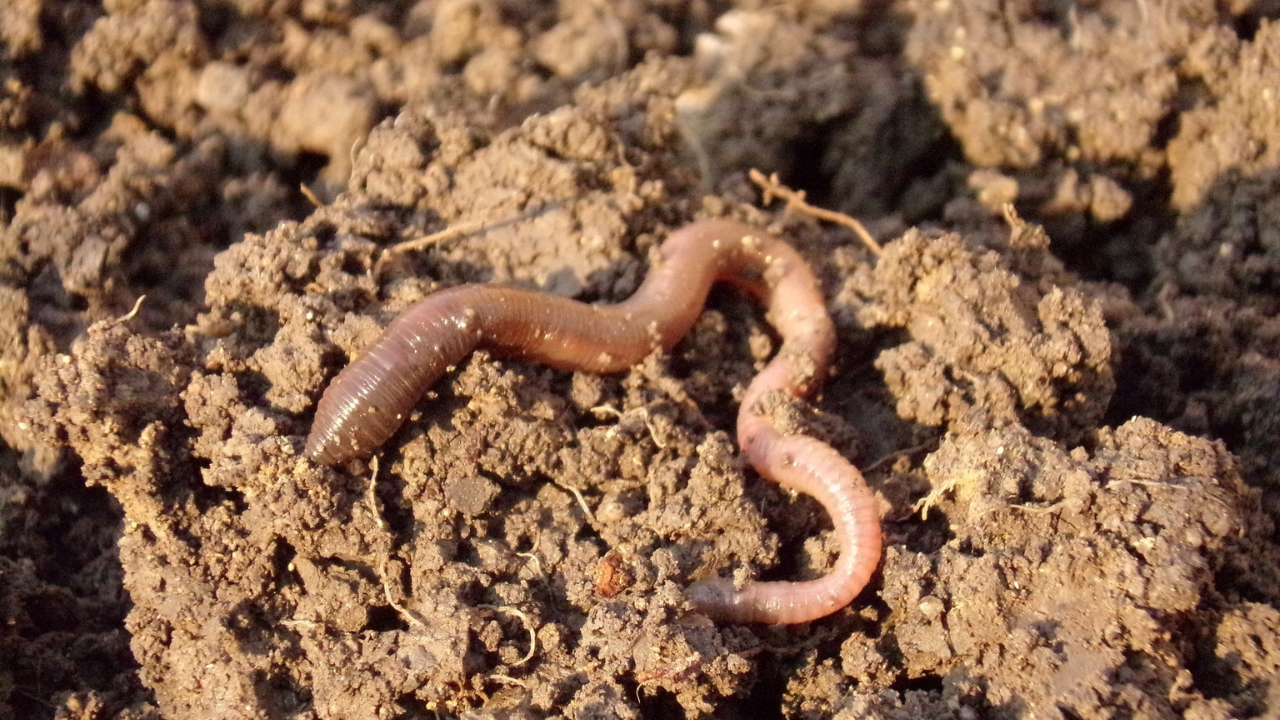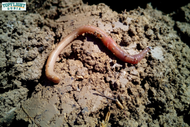Can Bearded Dragons Eat Earthworms? TopFlight Dubia’s Advice
Posted by Jack Williams on Apr 4th 2024
A responsible pet owner wants to feed their bearded dragon the best live foods, but the main question is - which ones? These dragons are omnivorous in nature, meaning they prefer insects and plant-based meals.
We know they eat Dubia roaches, but what about worms? Can bearded dragons eat earthworms?
This exclusive guide offers advice from the experts at TopFlight Dubia on your beardie's dietary plans. Let’s delve straight into it.
Earthworms For Bearded Dragons
YES, bearded dragons can eat earthworms. However, there are some precautions and limitations in feeding these worms.
Before we find out the best way to feed earthworms, let’s dissect their advantages as a food source.
Benefits Of Feeding Earthworms
Here is the list of advantages:
01. Source Of Protein
Earthworms are a rich protein source vital to beardies' bone development. They are ideal for feeding juvenile and adult dragons, and their low-fat content prevents obesity in these exotic creatures.
02. Minerals & Vitamins Content
Earthworms contain many amino acids, iron, manganese, and copper, which help bearded dragons break down food. These minerals also contribute to absorption and digestion.
The body of Earthworms is soft and has a high moisture content, which not only fulfills water requirements but also helps repair the body tissue of your bearded friend.
The calcium in these worms prevents MBD (metabolic bone disease).
Why Is Involving Earthworms In Bearded Dragon’s Daily Diet Not A Good Idea?
Earthworms are not toxic to bearded dragons, but there are many preventive measures a pet owner must take before feeding them to their bearded friend. Here is the list of reasons why involving them in the daily diet is not a good idea:
Pathogens & Parasites
Worms, especially wild ones, can have parasites on their body surface.
They also carry a few pathogens, such as Salmonella bacteria, which may cause health complications. These pathogens harm your pet and can spread to humans if they remain in contact for a long time.
Beware Of The Blockage
Large worms can cause blockage and impaction in these dragons. Damage to their gastrointestinal tract can lead to constipation and, in extreme cases, paralysis.
Potential To Toxicity
Heavy metals like lead and cadmium and toxic substances such as tannins in earthworms can harm the beardie.
Preparing Earthworm For Your Bearded Dragon
If you have decided to feed your bearded dragon earthworms, it is essential to prepare them properly.
You can also simply purchase healthy worms from a reputable source. There are some musts as well that you should do before feeding:
Wash Them
It is highly recommended that earthworms be washed thoroughly. This process removes any dirt or chemicals that might be present on their surface. Don’t offer dead worms to your bearded pet.
Add Calcium Supplements
Sprinkling calcium powder on live food is advisable to increase the nutritional value of earthworms.
Slicing The Earthworm
Slicing the worms in small pieces will avoid the problem of choking, especially for juvenile beardies. Just ensure that the worms are alive before cutting.
NOTE: Your pet's diet should contain 50% insects and 50% vegetation.
Adult ones can eat without slicing the worms. Don’t feed too many worms at the same time.
Conclusion: The Final Decision

Are you ready to feed your bearded dragon earthworms? Do it with caution and the measures mentioned in this TopFlight Dubia guide.
This would be a rewarding experience for both you and your pet. So, why the wait? Let the exotic adventure begin!

